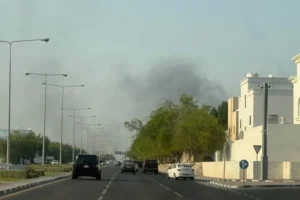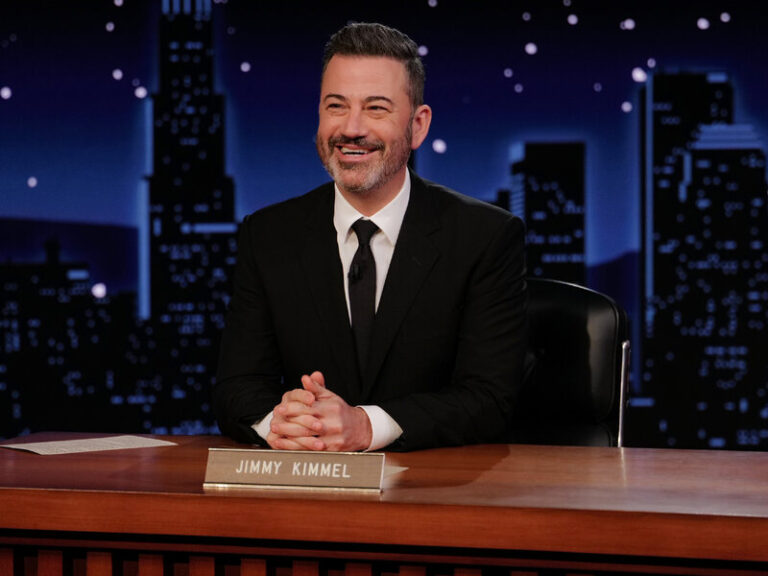Israel Strike Hamas in Qatar
Introduction
On September 9, 2025, an intense burst of violence shattered the calm of Doha as Israel executed an Israel strike Hamas in Qatar, targeting senior Hamas officials convened in the city. For many, Doha is a symbol of mediation and quiet diplomacy but today it became ground zero for a major escalation in the Gaza conflict. Plumes of smoke rose near the Legtaifiya petrol station and Katara district, as residents struggled to grasp that their city had suddenly become a battlefield.
This unprecedented Israel strike Hamas in Qatar unfolded amid ongoing ceasefire discussions. Israel defended the action as a necessary security measure; Qatar and others denounced it as a flagrant violation of international law. The reverberations were immediate peace talks stalled, markets trembled, and regional diplomacy suffered a severe blow.
Setting the Stage: Why This Strike Matters
To understand why this attack is so momentous, consider the role of Qatar. It has been a trusted mediator in the Israel-Hamas crisis, hosting dialogue while remaining a neutral partner. The region watched carefully as Hamas’s negotiators, led by Khalil al-Hayya, operated out of Doha, airing proposals that could have changed the course of war.
But with the Israel strike Hamas in Qatar, that delicate balance shattered. Violence intruded into sanctified negotiation space and the consequences will be felt for a long time.
Israel Strike Hamas in Qatar – What Happened in Doha?
The Attack
According to witnesses, multiple explosions erupted on September 9 near Doha’s Katara district. Smoke billowed across the skyline – an unmistakable sign of a serious strike. Israeli sources confirmed the target: Hamas leadership stationed in the Qatari capital.
Who Was Targeted
Senior Hamas political figures, including Khalil al-Hayya, were said to be in the crosshairs. Al-Hayya is a seasoned negotiator, pivotal in hostage exchanges and ceasefire planning. He has been based in Doha since 2024, when Israel intensified its campaign against Gaza.
Other officials possibly present included Zaher Jabarin, Muhammad Ismail Darwish, and even Khaled Mashal, though confirmation is inconsistent.
Casualty Uncertainty
Reports conflict: Hamas officials insisted leadership survived the strike, though al-Hayya’s son was reportedly killed. Israeli media claims suggested more severe outcomes, but these remain unconfirmed.
Israel Registers Its Intent
Israeli Prime Minister Benjamin Netanyahu took full responsibility, insisting the operation was “completely justified” – a direct response to the October 7 Gaza attacks and Monday’s deadly Jerusalem shooting by Hamas militants. The IDF emphasized the strike was “wholly independent” and carefully planned with precision to minimize civilian harm.

Israel Strike Hamas in Qatar – Global Backlash
Qatar’s Condemnation
Qatar’s foreign ministry was unequivocal, labeling the strike “a cowardly, criminal assault” and violation of international law. The country even suspended its mediation efforts on the Gaza conflict in response.
UN’s Response
UN Secretary-General António Guterres called the attack a “flagrant violation of the sovereignty and territorial integrity of Qatar,” urging all parties to recommit to ceasefire negotiations.
Regional Fury
Country after country voiced outrage:
Saudi Arabia, UAE, Iran, Lebanon, Türkiye slammed the strike as destabilizing and unlawful.
The Pope expressed deep concern, while Egyptian officials warned of the strike’s dangerous ripple effects.
Ceasefire Talks Derailed
Most crucially, the Israel strike Hamas in Qatar appears to have wrecked ongoing ceasefire negotiations. Qatar had hosted U.S.-backed proposals involving prisoner exchanges and troop withdrawal. Hamas called them “humiliating.” With key negotiators attacked, ceasefire optimism now seems to have collapsed.
Economic Shockwaves
Markets reacted swiftly:
Oil prices spiked, as traders feared broader instability in the Gulf region.
Gold surged, a classic move toward safe-haven investing amid geopolitical shocks.
Rising energy costs threaten to deepen economic burdens globally and consumers will likely feel the impact soon.
What’s Next?
We’re staring at a drastically altered landscape:
Diplomatic Rupture: Qatar’s mediation role is now deeply damaged.
Broader Conflict Risks: Other Gulf states may re-evaluate their security ties with both Hamas and Israel.
U.S. Credibility on the Line: Reports that President Trump may have been informed or even green-lit the strike could strain Washington’s alliances.
Humanitarian Countdown: With Gaza suffering famine, destruction, and displacement, the breakdown of ceasefire efforts could worsen the suffering dramatically.
Israel Strike Hamas in Qatar – Conclusion
The Israel strike Hamas in Qatar isn’t just another chapter in the Gaza conflict – it’s a new book entirely. It shattered a rare zone of diplomacy, assaulted international norms, and carved a path toward further volatility. The world now faces a choice:
Will diplomacy return? International pressure, especially from the UN and Gulf states, might force a recalibration.
Or will the region spiral further? As streets adjust to sirens again, peace may have receded into the distance.
What’s clear is that history is watching, and the next moves will echo far beyond Doha.
FAQ Section
Q: When did the Israel strike Hamas in Qatar happen?
A: It took place on September 9, 2025, when multiple blasts rocked Doha as Israeli forces targeted Hamas officials stationed there according to AP News
Q: Who was targeted?
A: The key target was Khalil al-Hayya, a senior Hamas negotiator based in Doha. Others suspected to be involved include Zaher Jabarin and Muhammad Ismail Darwish according to ReutersWikipedia
Q: Did any survive?
A: Hamas officials said the leadership survived the strike, although al-Hayya’s son was reportedly killed according to Reuters
Q: How did the world respond?
A: There was widespread condemnation: Qatar, UN, Gulf states, the Pope, and others described the attack as a breach of sovereignty and a diplomatic bombshell accordding to Reuters
Q: What does it mean for peace talks?
A: It’s a major setback. With negotiators attacked and hosts outraged, prospects for a Gaza ceasefire are now in serious doubt according to Jerusalem Post
For more such detailed articles, check out our other articles – ReadIvy
To read about the France Government Collapse – 7 Shocking Facts About the France Government Collapse – What It Means for Macron









